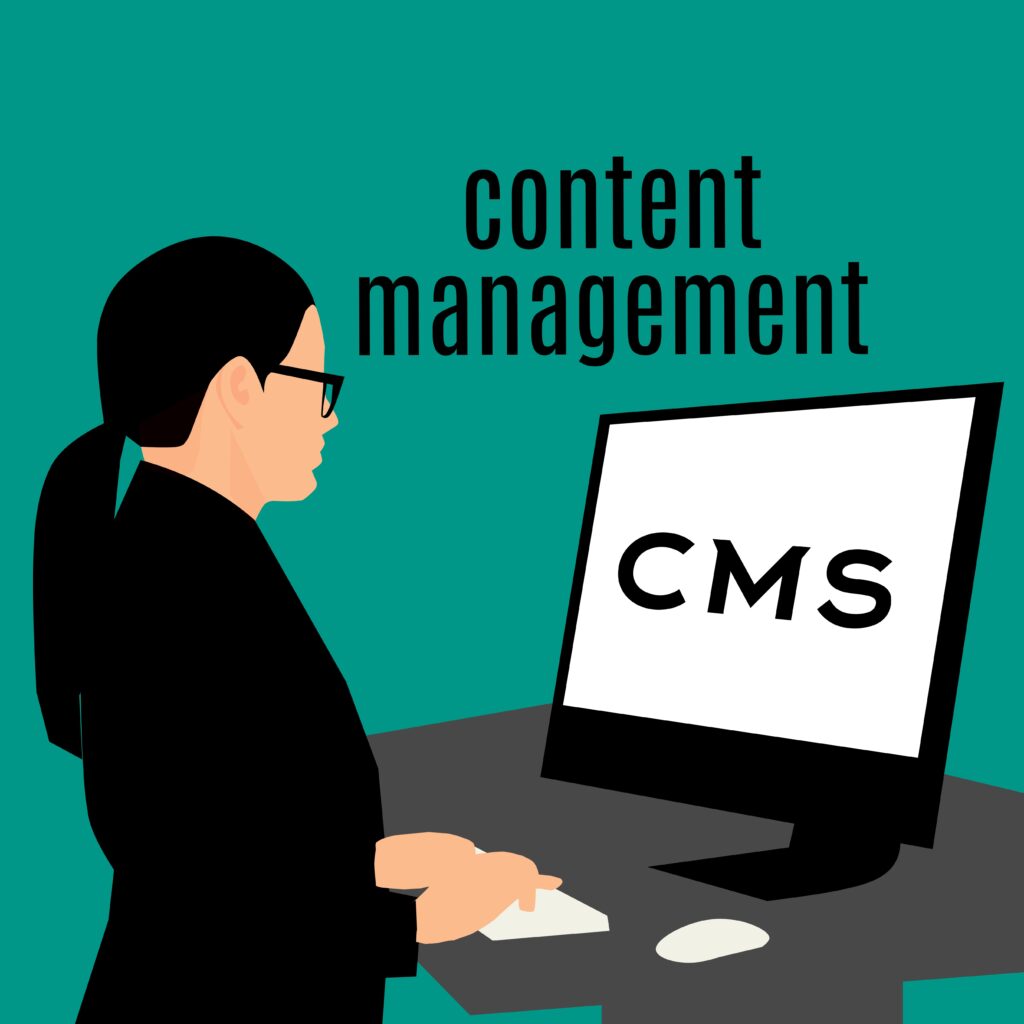Introduction: Content Management Systems (CMS) play a crucial role in modern website development. A CMS provides a user-friendly interface for managing and updating website content, making it easier for both developers and content creators. However, with numerous CMS options available, choosing the right one for your project can be challenging. In this blog post, we will explore key factors to consider when selecting a CMS for your website development project.

- Define Your Project Requirements: Before choosing a CMS, it’s important to clearly define your project requirements. Consider factors such as the type of website you’re building (e.g., blog, e-commerce, corporate), the scalability and flexibility needed, the level of customization required, and any specific features or functionalities you expect from the CMS.
- Ease of Use and User Interface: A user-friendly CMS interface is crucial, especially if you have non-technical content creators or multiple contributors. Look for a CMS that offers a clean and intuitive user interface, with features like drag-and-drop content editing, WYSIWYG (What You See Is What You Get) editors, and an organized dashboard. A steep learning curve can hinder adoption and productivity.
- Scalability and Flexibility: Consider the scalability and flexibility of the CMS to ensure it can handle your website’s growth and evolving needs. Can the CMS support a large number of pages and users? Is it easy to add new functionalities and customize the design? Look for a CMS that allows for seamless expansion and integration with third-party tools or plugins.
- Content Management Features: The core purpose of a CMS is content management. Evaluate the CMS’s content creation and editing capabilities. Does it provide a robust editor for creating rich media content? Can you organize and categorize content effectively? Does it offer content versioning and workflow management? Ensure the CMS aligns with your content management requirements.
- Security and Updates: Website security should be a top priority. Consider the CMS’s security features, such as user access controls, authentication mechanisms, and data encryption. Check the CMS’s track record for addressing security vulnerabilities promptly and releasing regular updates. A CMS with an active community and regular security patches is essential for maintaining a secure website.
- SEO Friendliness: Search engine optimization (SEO) is crucial for driving organic traffic to your website. Look for a CMS that provides SEO-friendly features, such as customizable URLs, meta tags, XML sitemaps, and canonical URLs. The CMS should allow you to optimize your content easily and provide control over important SEO elements.
- Support and Community: Evaluate the support and community surrounding the CMS. Is there an active community of developers who can provide assistance and share resources? Are there official documentation, forums, or tutorials available? Consider the availability of professional support options, such as dedicated customer support or paid consultants, in case you need assistance.
- Cost Considerations: Consider the costs associated with the CMS, including licensing fees, hosting requirements, and any premium plugins or themes. Open-source CMS options like WordPress and Joomla offer cost-effective solutions, while some proprietary CMS may require a higher investment. Assess the long-term costs and potential return on investment (ROI) when making your decision.
Conclusion: Selecting the right CMS for your website development project is crucial for long-term success. By considering factors such as project requirements, user interface, scalability, content management features, security, SEO-friendliness, support, and cost, you can make an informed decision. Remember to evaluate multiple CMS options, weigh their pros and cons, and choose the one that best aligns with your project goals, technical expertise, and budget. A well-chosen CMS will empower you to create and manage a successful website efficiently.
